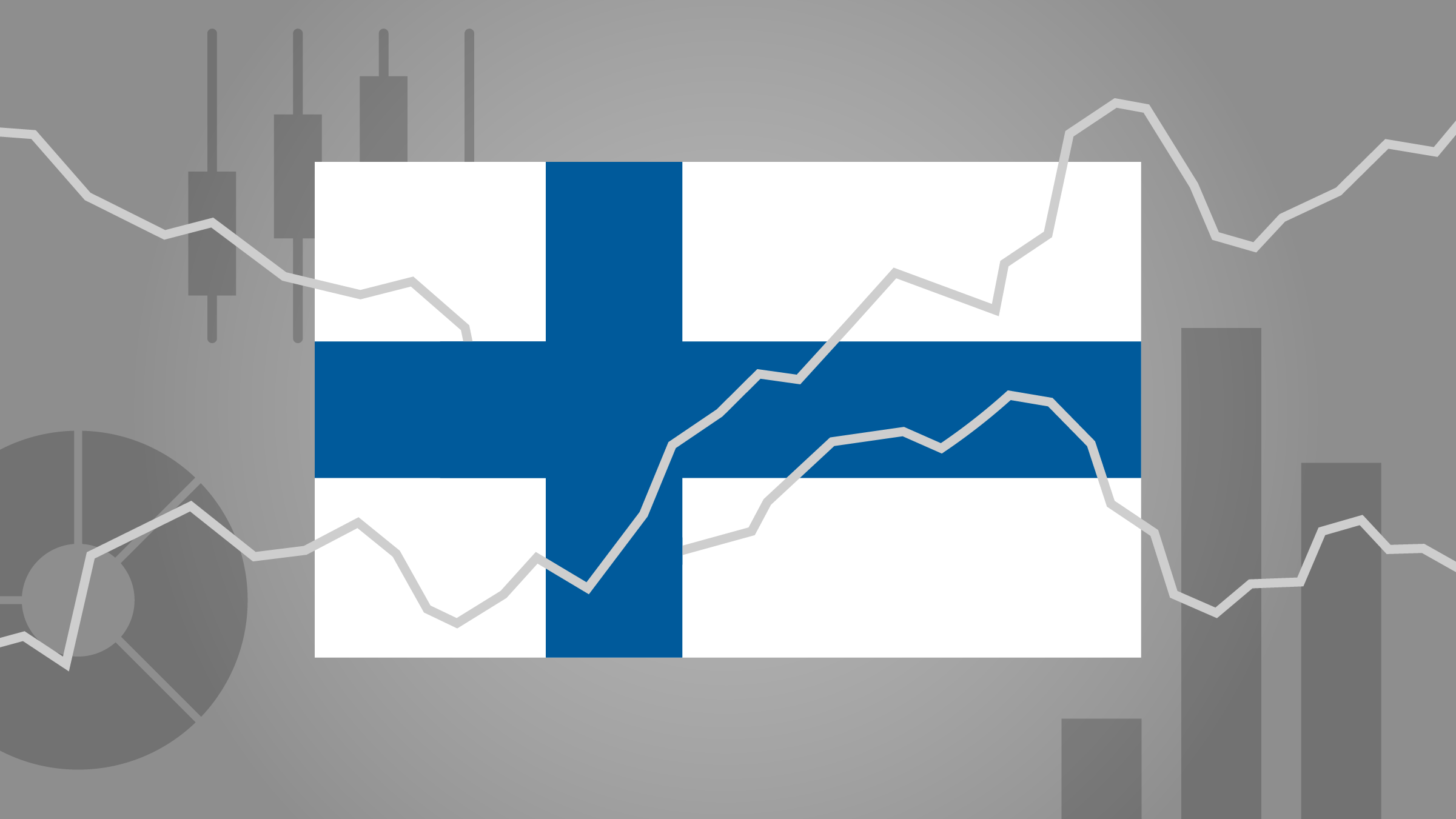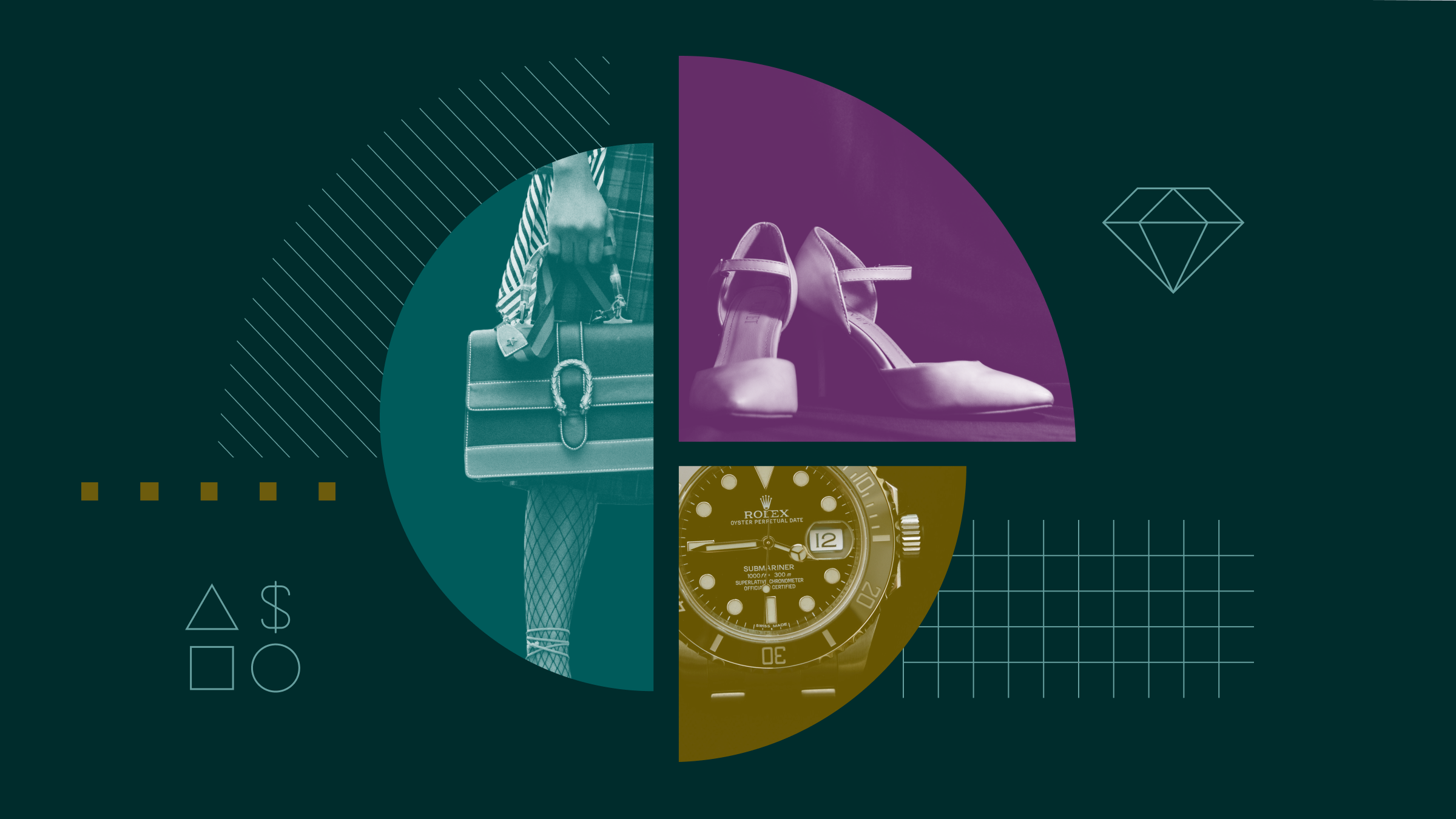Relief that the financial system did not collapse, plus strong GDP-growth during the first quarter, made Tokyo a winner among global stockmarkets during the second quarter - while the World index fell 10%, MSCI Japan gained 7% (both in dollars). Japanese shares gave good relative performance during the third qurater as well, minus 12% while MSCI World fell 19%. The result after nine month was that MSCI
Japan in dollars was only down 6% while the world index had lost 26%.
Still the relative performance of Japanese shares (-11% in dollars) was much better than the World Index (-21%) during 2002. For investors in other currencies the fall of the dollar during 2002 added to the losses but the relation of course remained, for example MSCI Japan in euro was -24% versus MSCI World in euro -33%.
Outlook
This strong relative performance, while both the Japanese economic recovery and the reform progress have disappointed, proves how strong the pessimism was at the start of 2002. The setback during the fourth quarter should also give good potential, if a positive surprise occurs. The MSCI Japan Index today closed only 2% above the new 19-year low reached on December 18th, so the downside once again appears limited.
However, economist generally agree that even if the Japanese government pushed through all the necessary reforms to solve the country's structural problems, it would still take more than a year before any positive effects are felt. Still, history shows that increased optimism about the region can be enough to lift the Tokyo stockmarket.
















